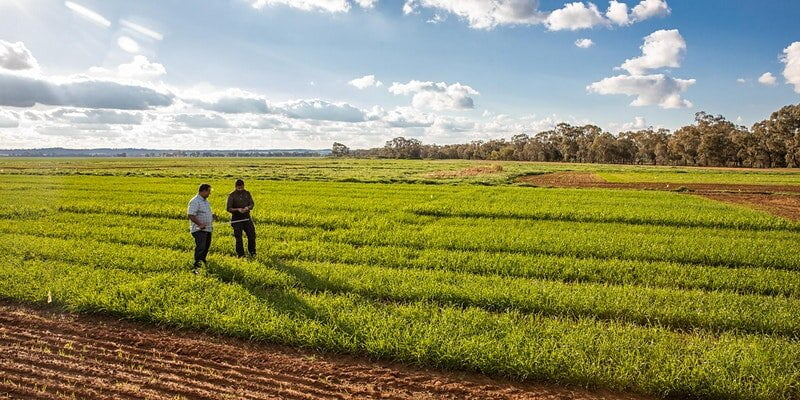The Nationals are rewarded for no longer blocking a net-zero by 2050 target with a Cabinet post for Resources Minister (and climate action obstructor) Keith Pitt, and a longer list of mostly unknown demands.
One of those demands – not to increase our 2030 emissions reduction target – will see climate change accelerating in line with the worst scenarios from the IPCC and the regions will bear the brunt of it
The case for increasing the scale of our actions to reduce carbon emissions over the next nine years is overwhelming. It includes:
- The cost of inaction to the agriculture sector is estimated to hit $5bn per year according to Ernst & Young
- The recent IPCC report into the science of climate change, which shows we are on track for global warming in excess of 2C at our current rate of carbon emissions;
- A global commitment in 2015 – the Paris Agreement – to work collectively and cooperatively as an international community to keep warming within 2C and as close to 1.5C as possible;
- The cost of inaction estimated to be in excess of $1tn to the economy over the next 50 years;
- The opportunity for the economy of 395,000 new jobs and $89bn in new exports by 2040 if we invest in green industries, according to analysis from Accenture
- A Reuters poll of economists found that hitting the Paris Agreement goal of net-zero carbon emissions will require investments in a green transition worth 2 per cent to 3 per cent of world output each year until 2050, far less than the economic cost of inaction
We could go on. The Prime Minister has concluded a deal in which all Australians will miss out on the economic benefits of shifting our economy to a low-carbon basis. The Nationals – purportedly elected to represent regional communities – are being rewarded for obstructing action that will benefit those communities most.
After 8 years of inaction on emissions reduction, and actively working to increase our coal, oil & gas industries, the Coalition has taken another step down the path of delaying climate action, and costing the nation dearly – in economic, environmental, health & wellbeing terms.

Farmers who are already reducing their emissions must be exasperated!
We need the government to implement firm plans to reduce our carbon emissions and play a substantial role in reducing emissions from other countries. That means:
- working with farmers to reforest, plant native grasses, and switch to perennial feed sources
- switching 100% of our energy generation to renewable sources by 2035
- electrifying home heating, cooling and cooking, powered by renewable energy
- electrifying our transportation, freight and logistics – road, rail, and sea
- placing a moratorium on all coal, oil & gas expansion
These actions can all be done with existing technologies, and are underway in places today. They need policy certainty, investment and incentives to drive their rollout to aggressively reduce our carbon footprint.
Instead, we get platitudes and further delays.
photos top: Sustainable Farming ANU, bottom: AgriPark Charles Sturt University

